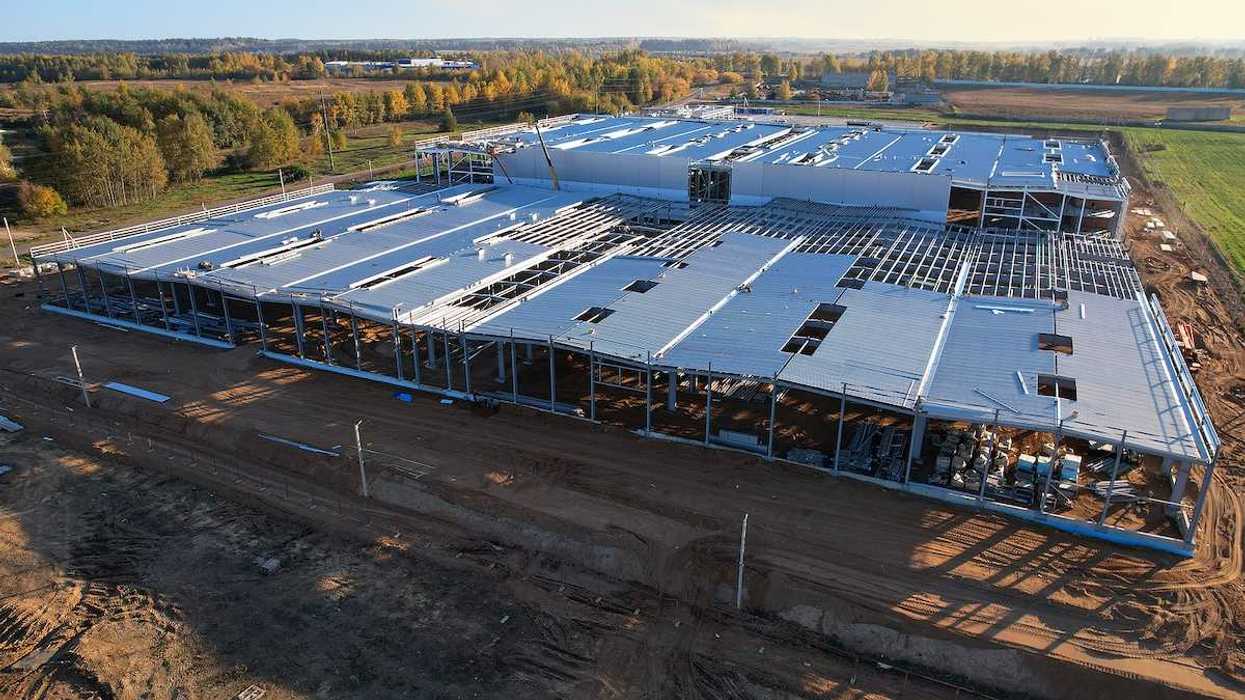Senior scientists at the National Institutes of Health say new restrictions under the Trump administration are stalling critical medical research and destabilizing the agency’s workforce.
Gina Kolata reports for The New York Times.
In short:
- The Department of Government Efficiency has issued sweeping policy changes, including communication bans and funding freezes, disrupting daily operations at the NIH.
- Longstanding research on diseases like diabetes, cancer, and AIDS is being delayed or defunded, with grants referencing topics such as “transgender,” “minorities,” or “vaccine hesitancy” often cut.
- Researchers report inconsistent supply chains, hiring freezes, and sudden firings that threaten clinical care and the future of biomedical research.
Key quote:
“It really is quite chilling. They are controlling information, causing chaos, disrupting everyone, keeping us off-balance.”
— NIH scientist
Why this matters:
The National Institutes of Health has long been the quiet engine behind America’s most significant medical advances, often working behind the scenes to fund basic research that later becomes life-saving treatments. From the mapping of the human genome to the foundational science that powered mRNA COVID-19 vaccines, the NIH has served as a backbone for public health and medical innovation. But recent leadership turmoil and rising political pressures are casting a shadow over the agency’s future.
The stakes are high: NIH funding supports not only its own research centers but also thousands of university and hospital-based scientists across the country. Disruptions in that flow of support don’t just delay experiments — they can derail careers, stall promising treatments, and weaken the nation's ability to respond to new health threats. Beyond the labs, the uncertainty raises deeper questions about America’s commitment to science as a public good, and whether political agendas will begin to outweigh the rigorous peer review process that has, until now, helped safeguard both innovation and patient care.
Related: Trump administration delays NIH funding, leaving scientists in limbo














